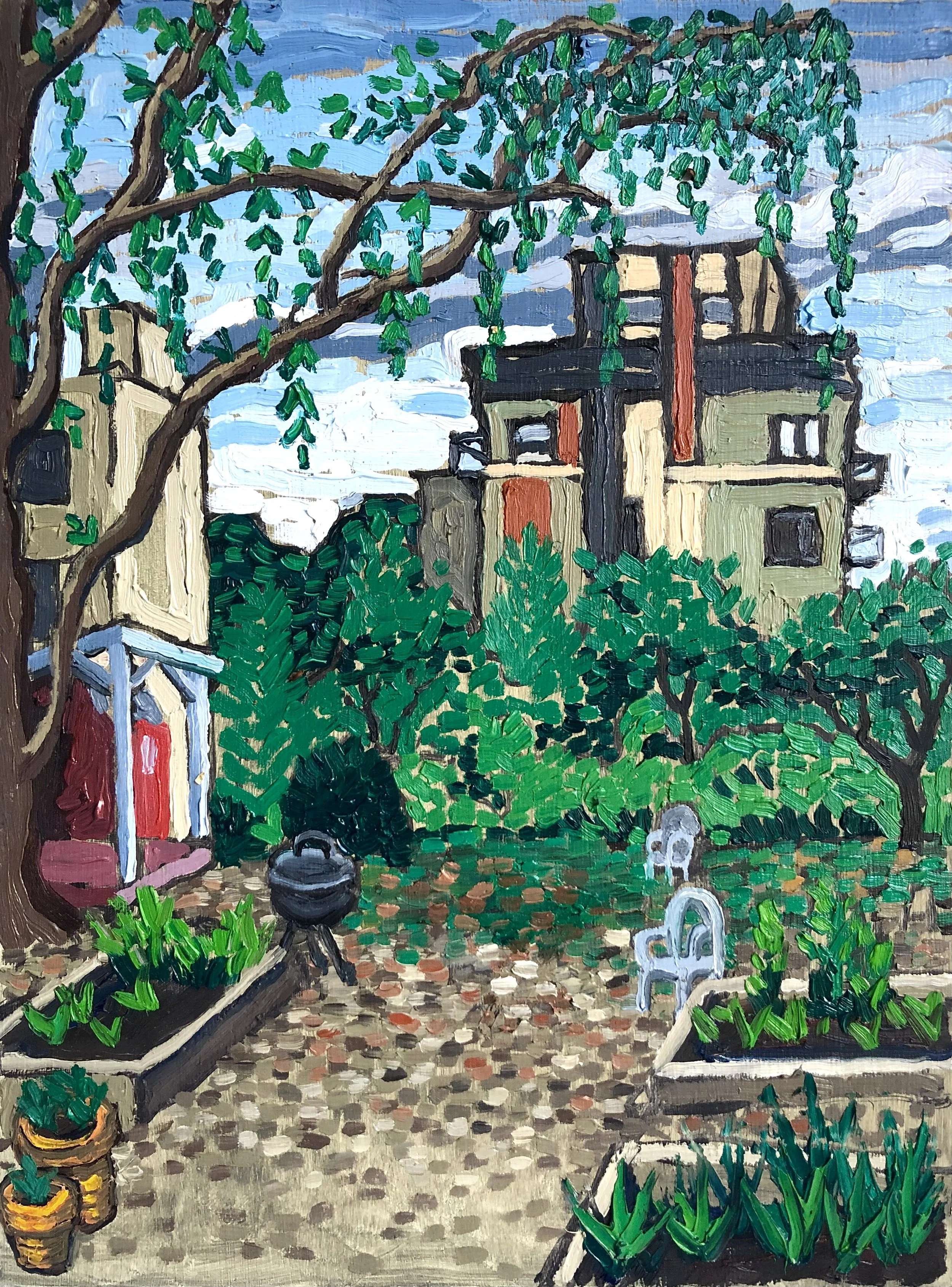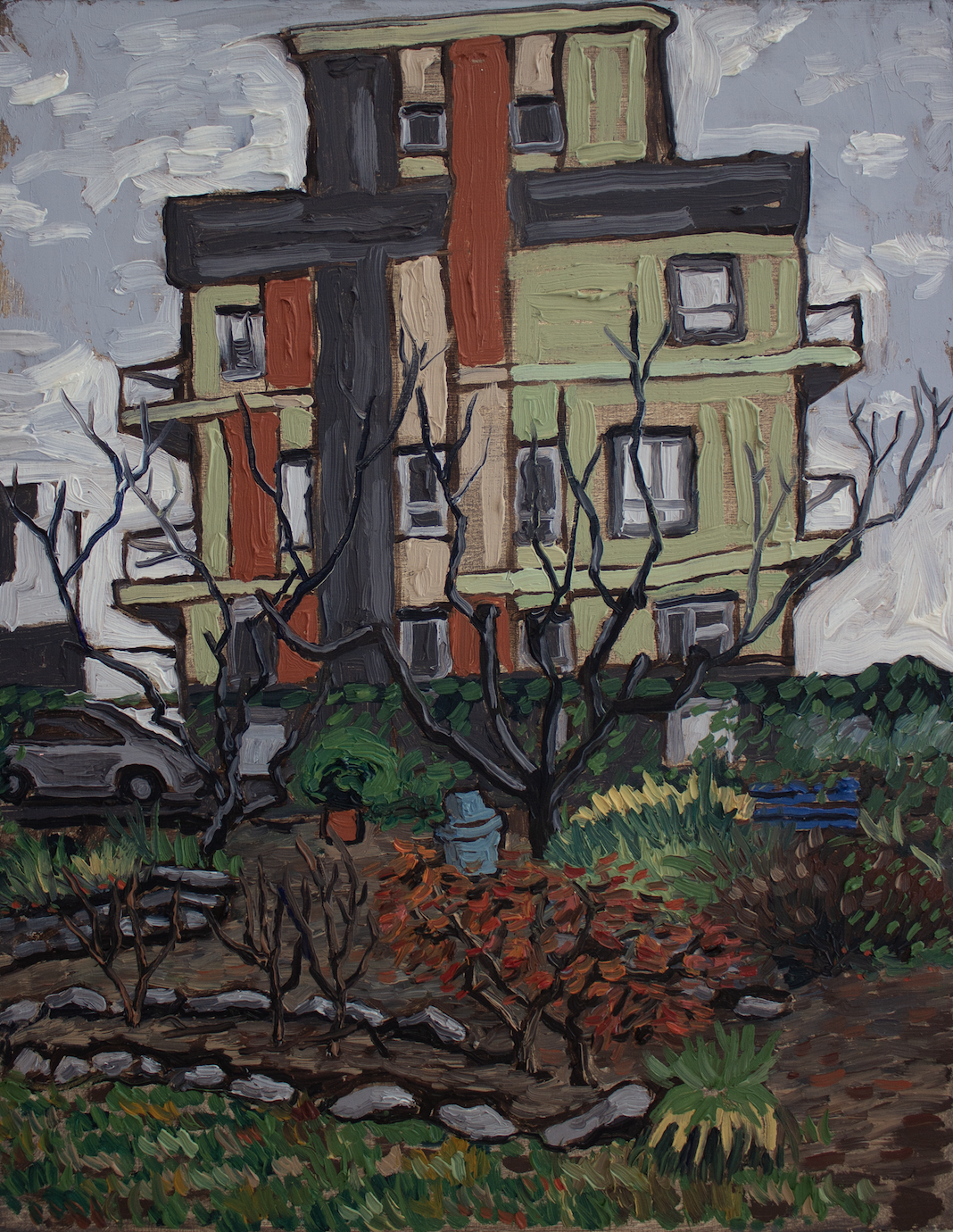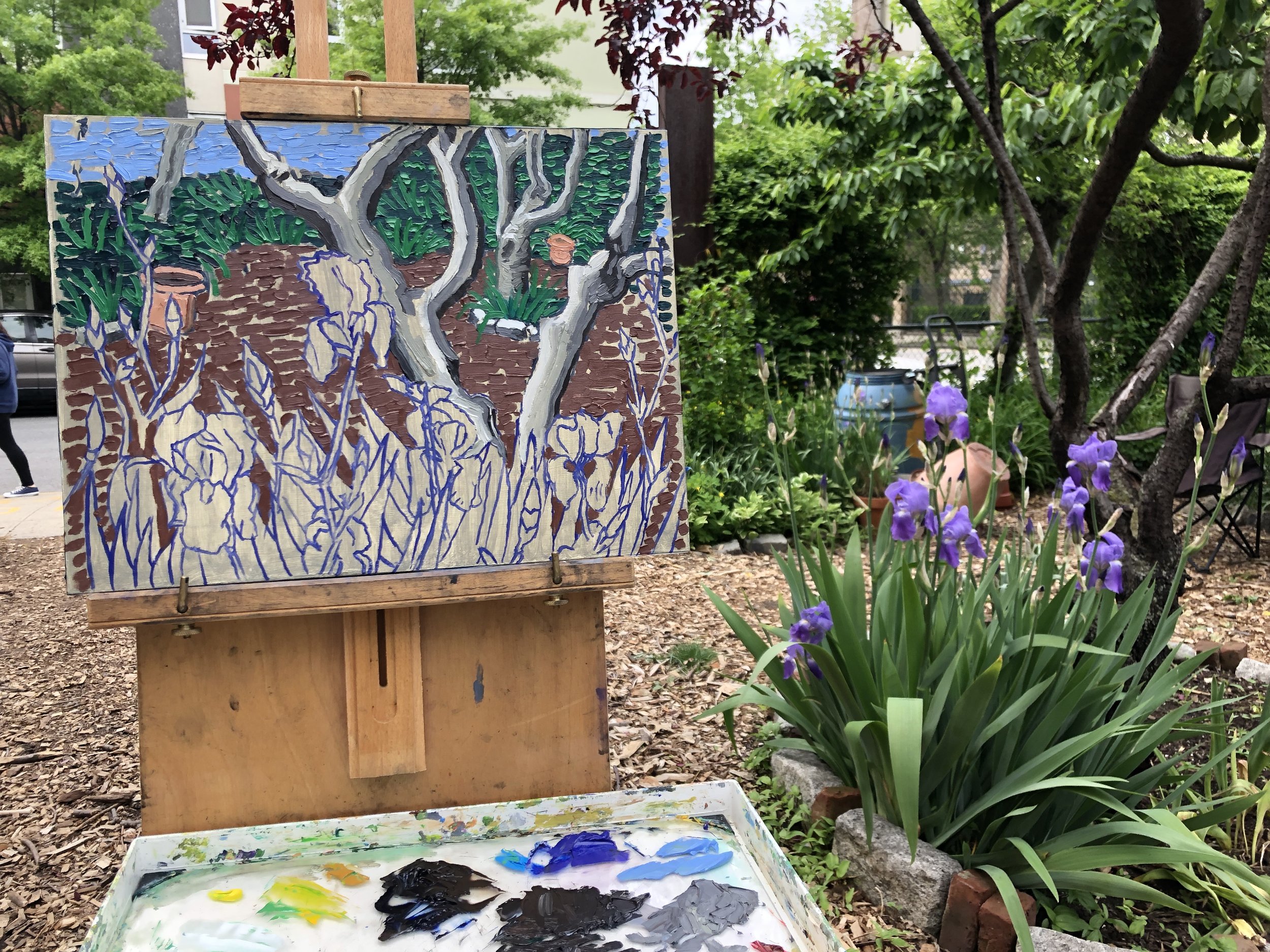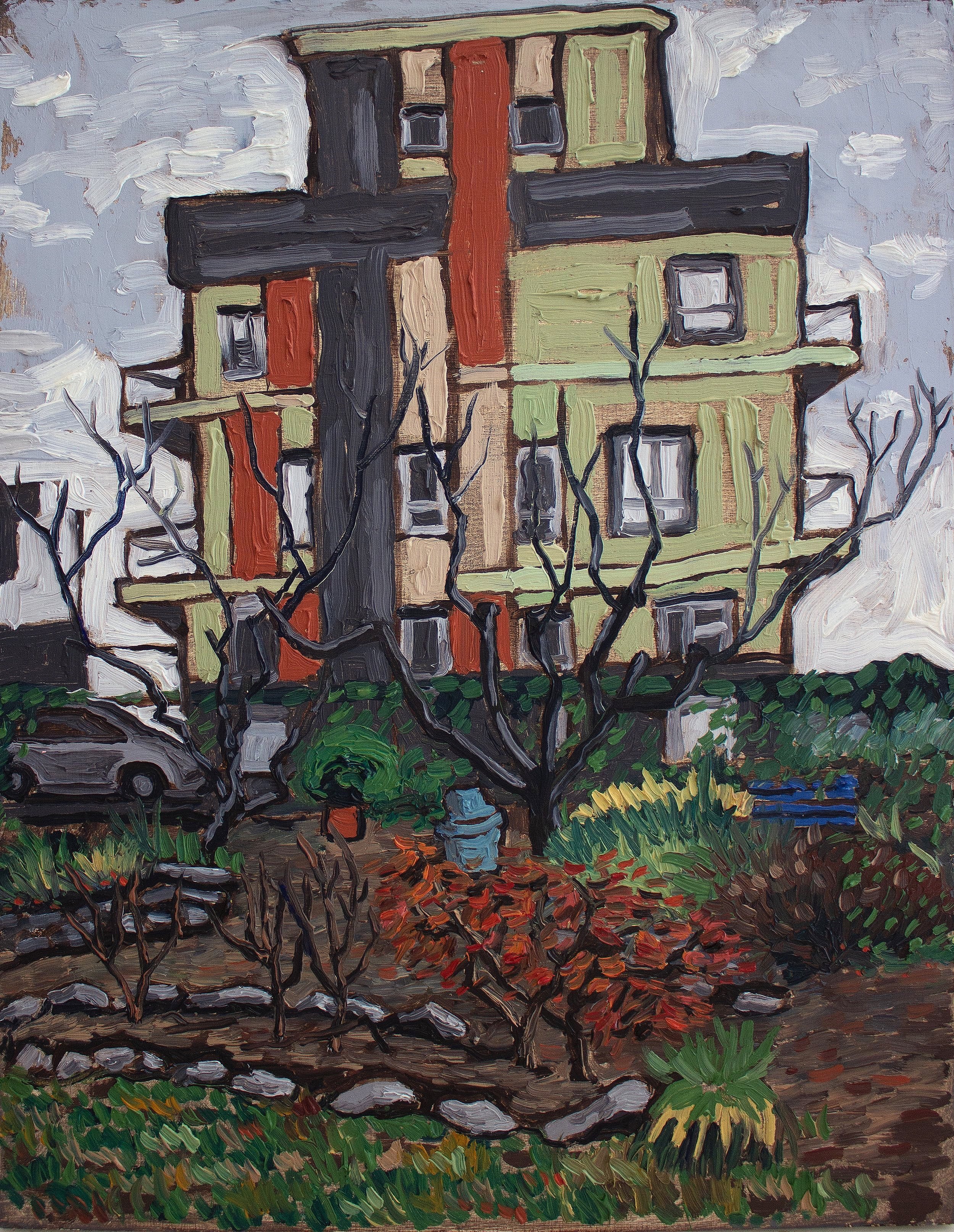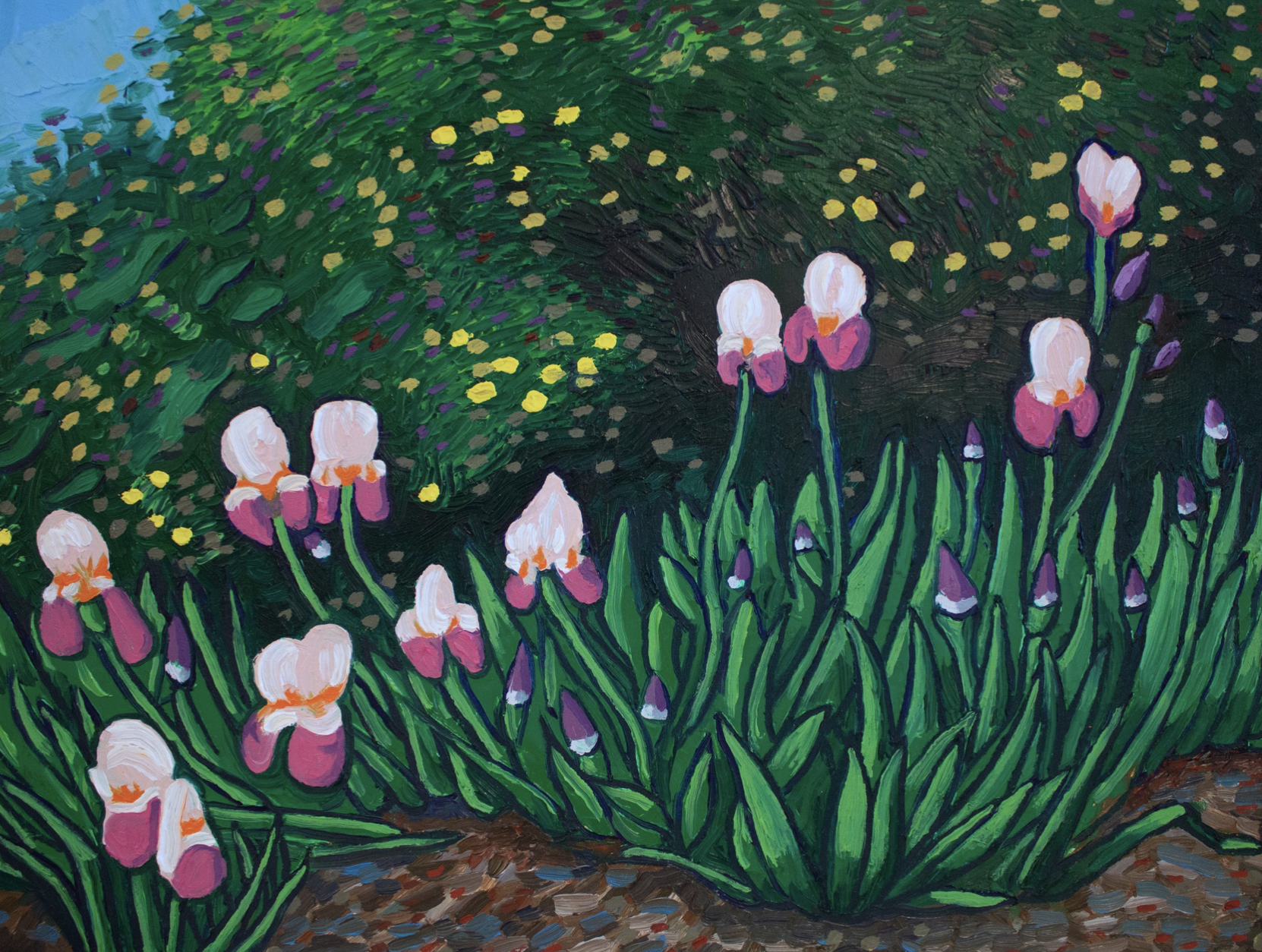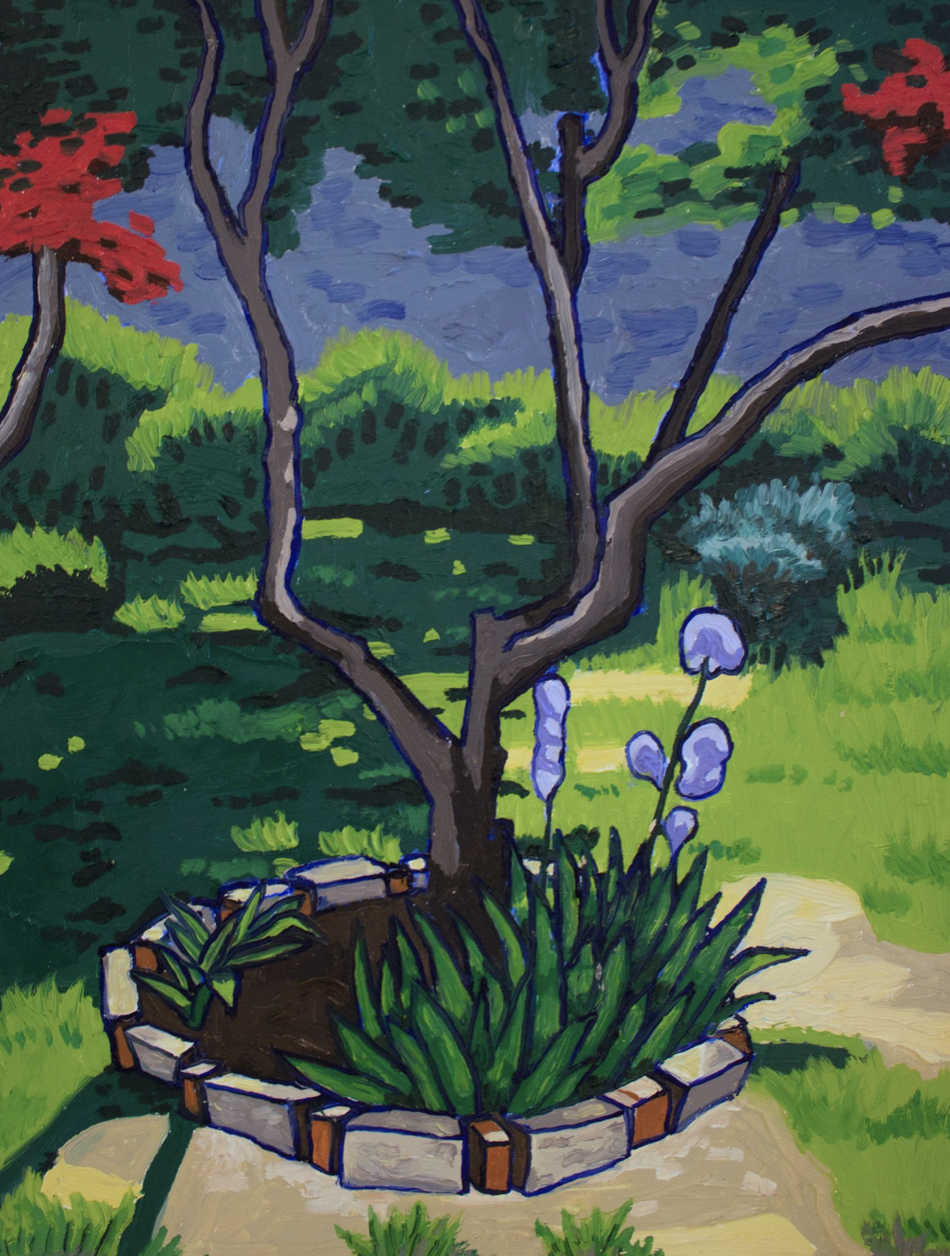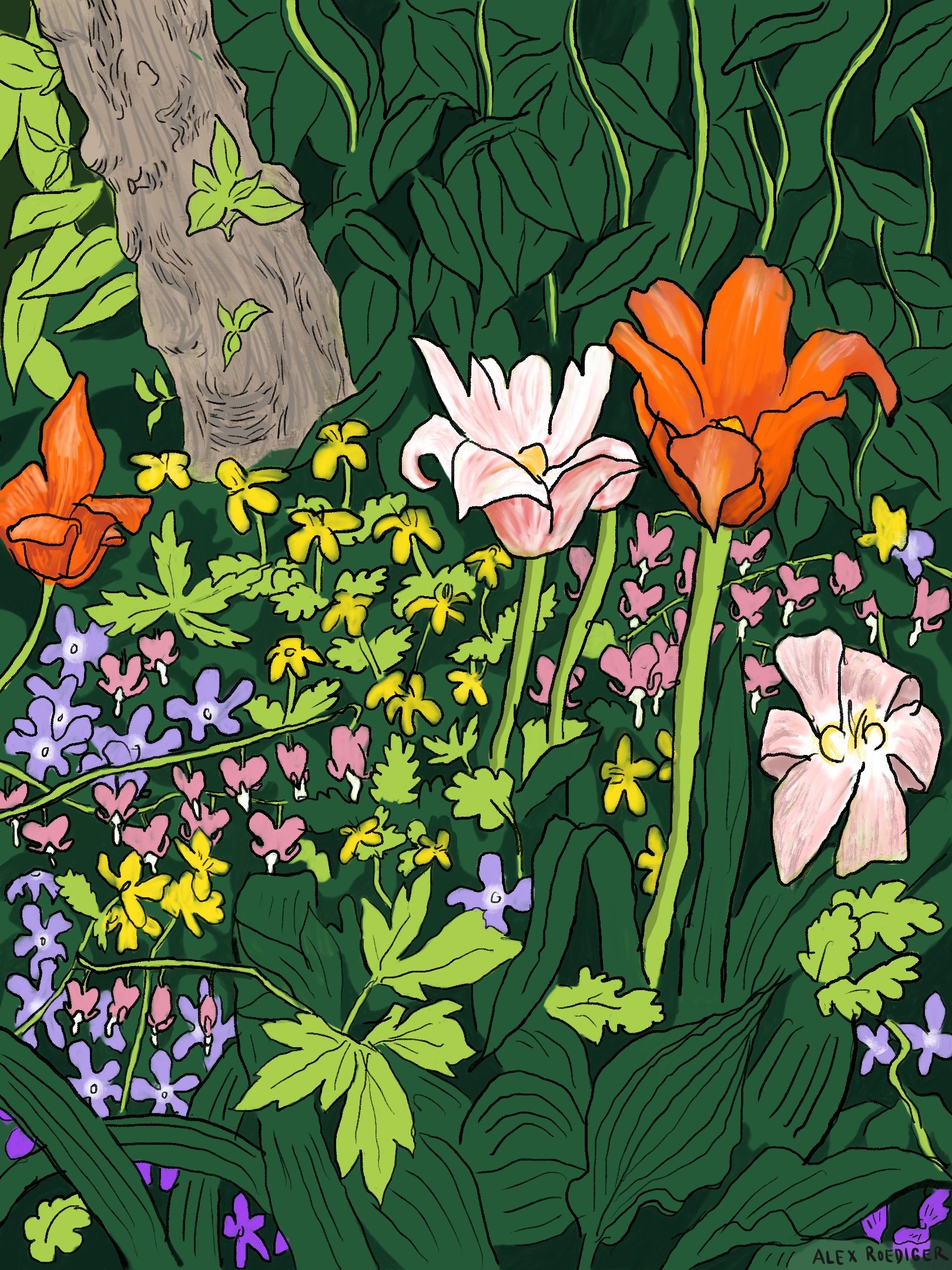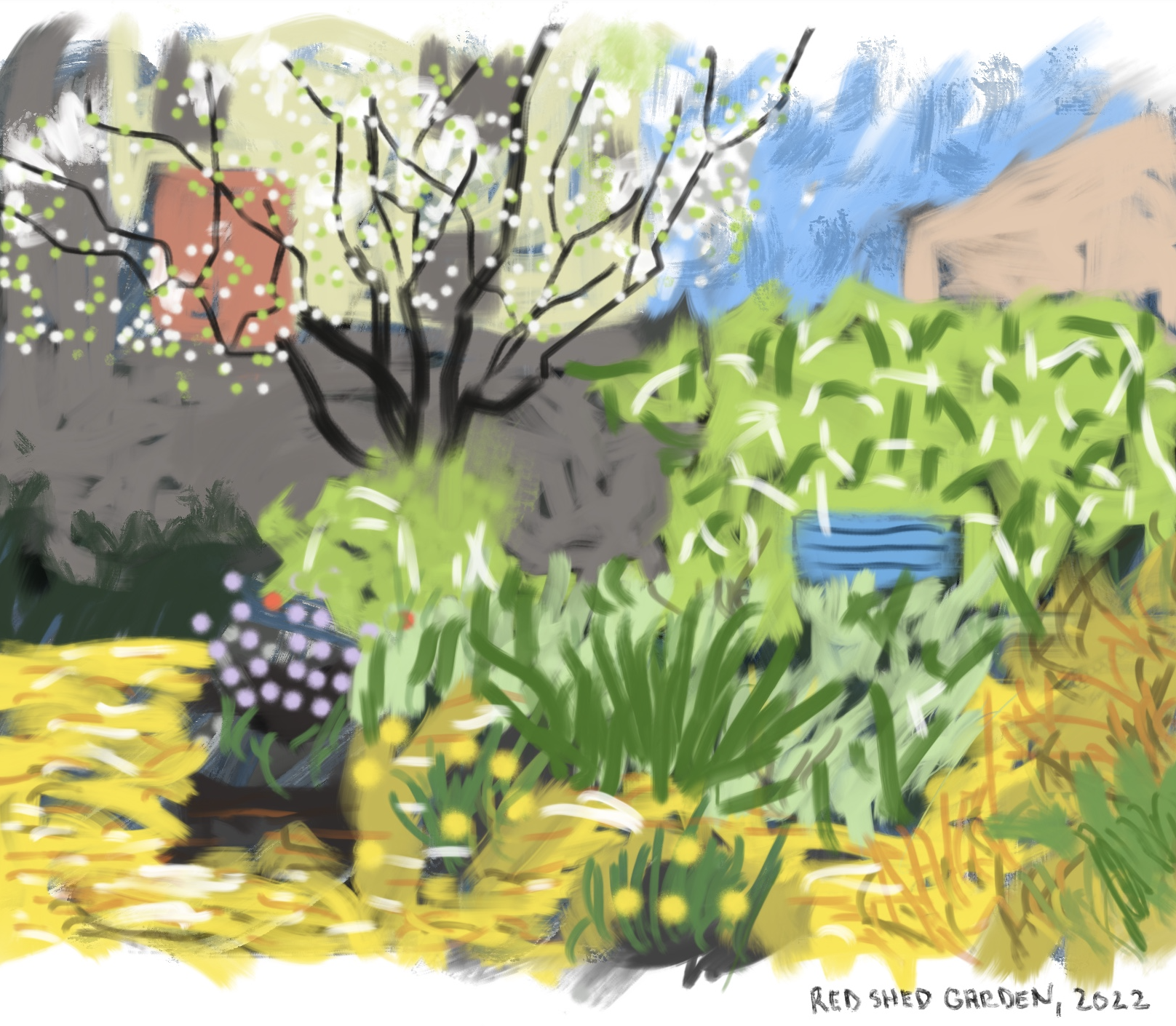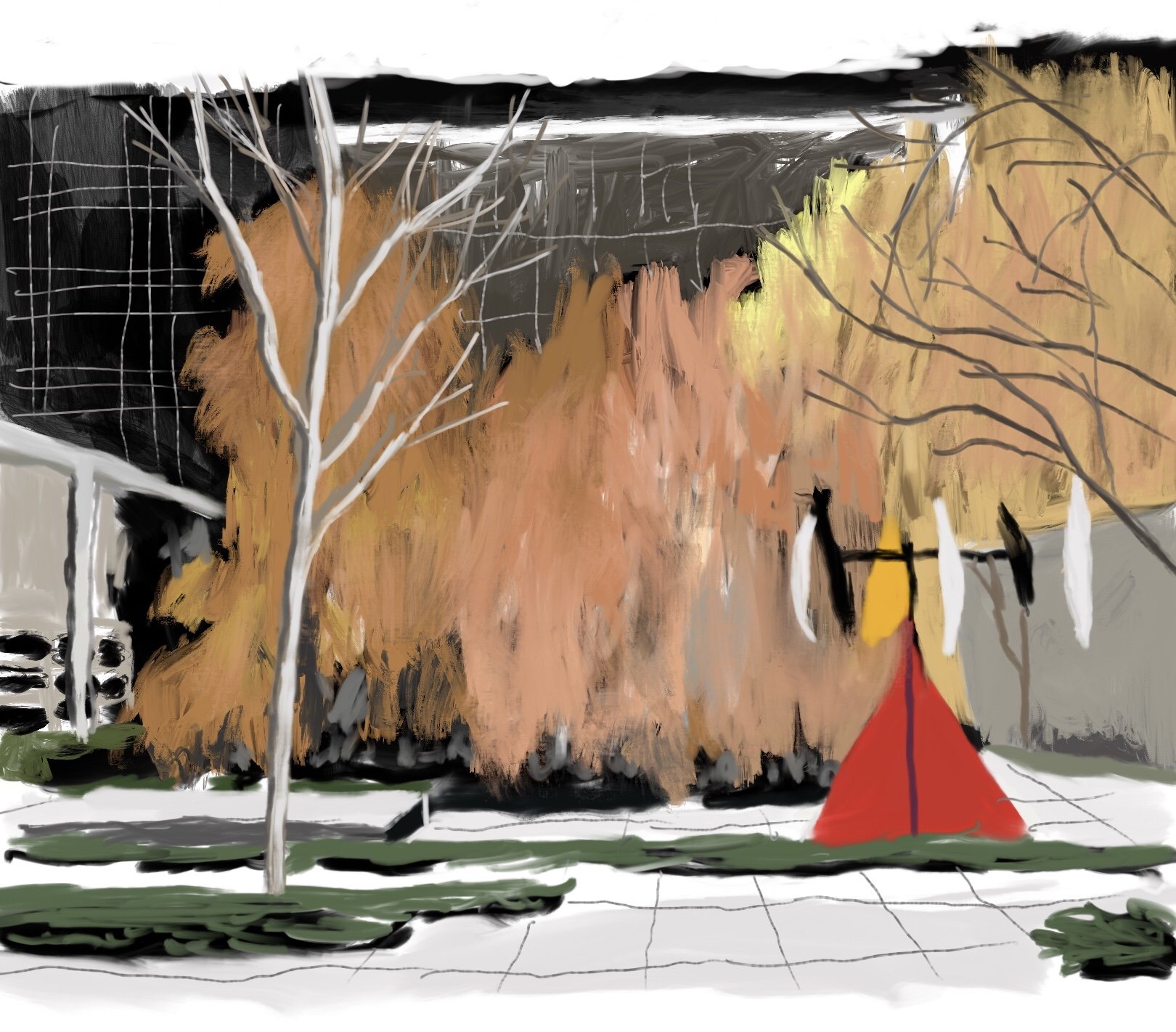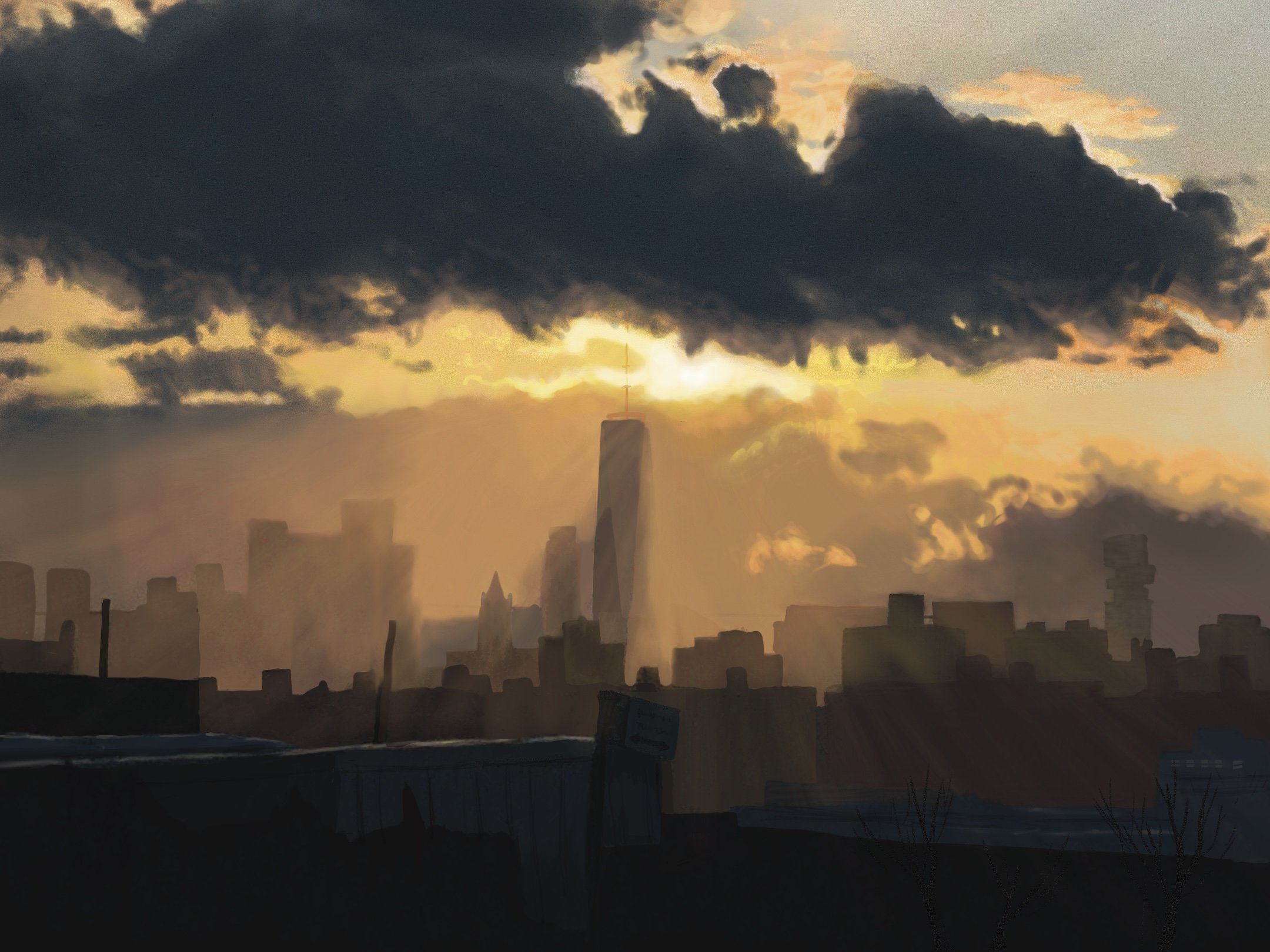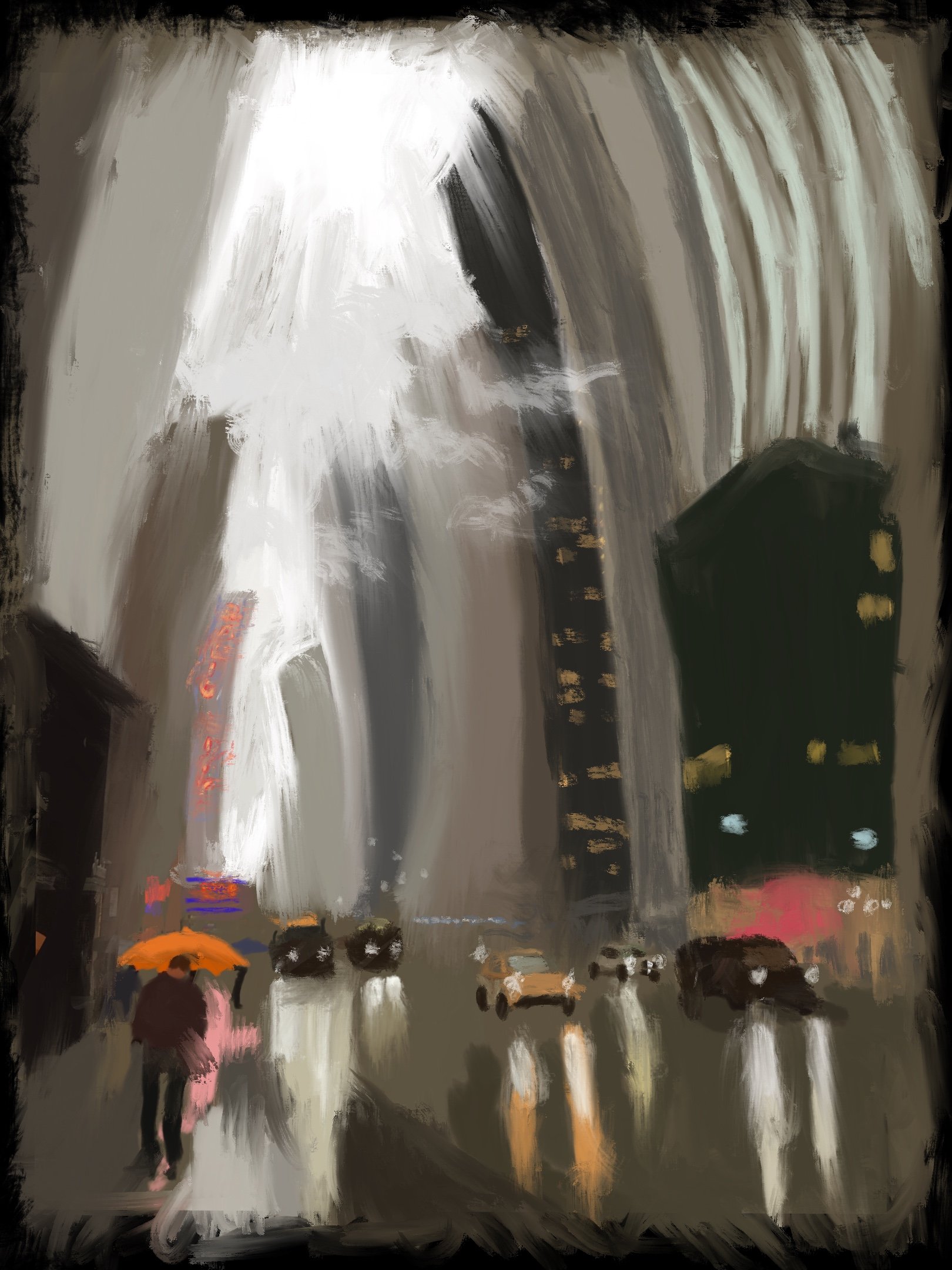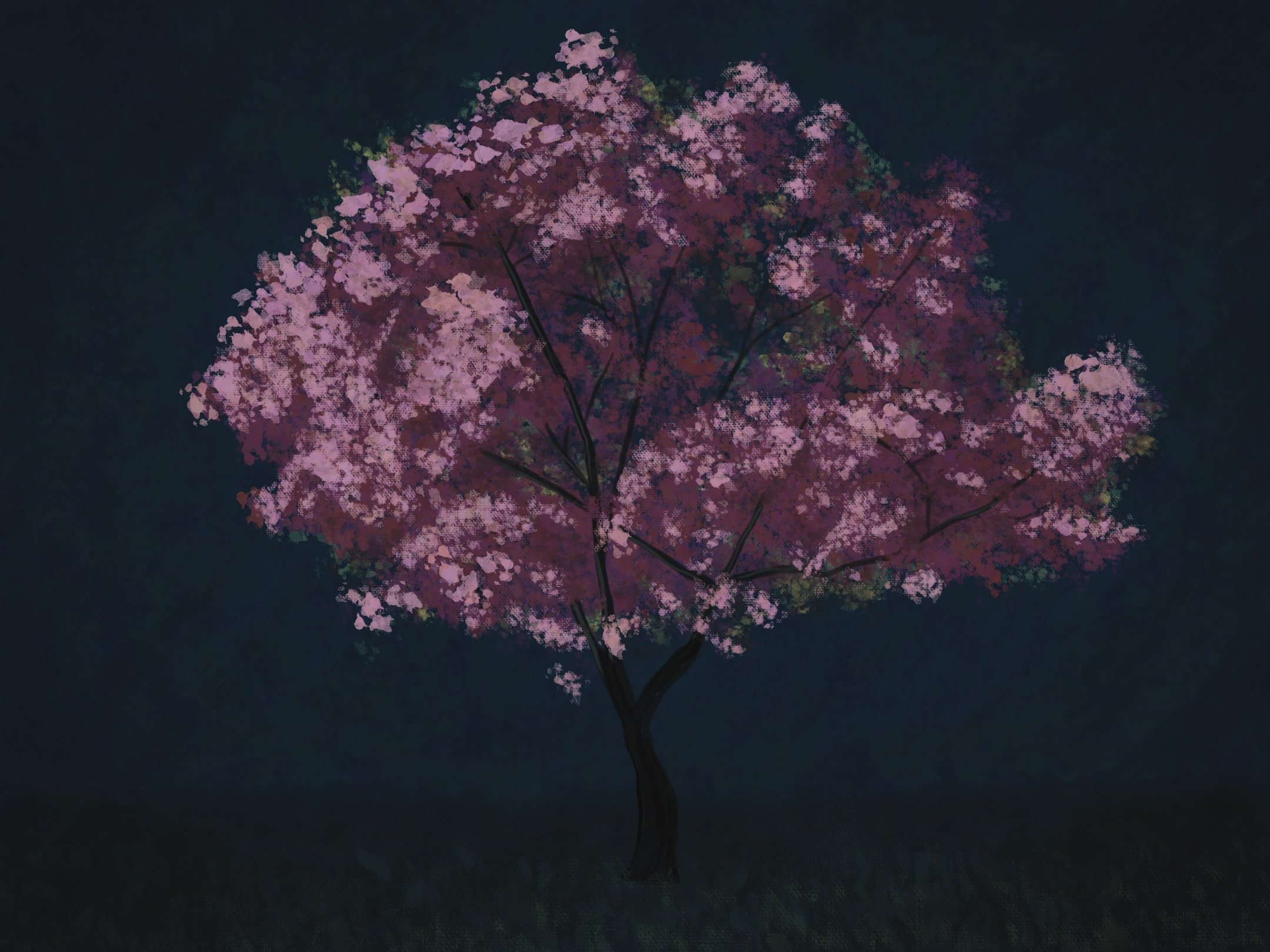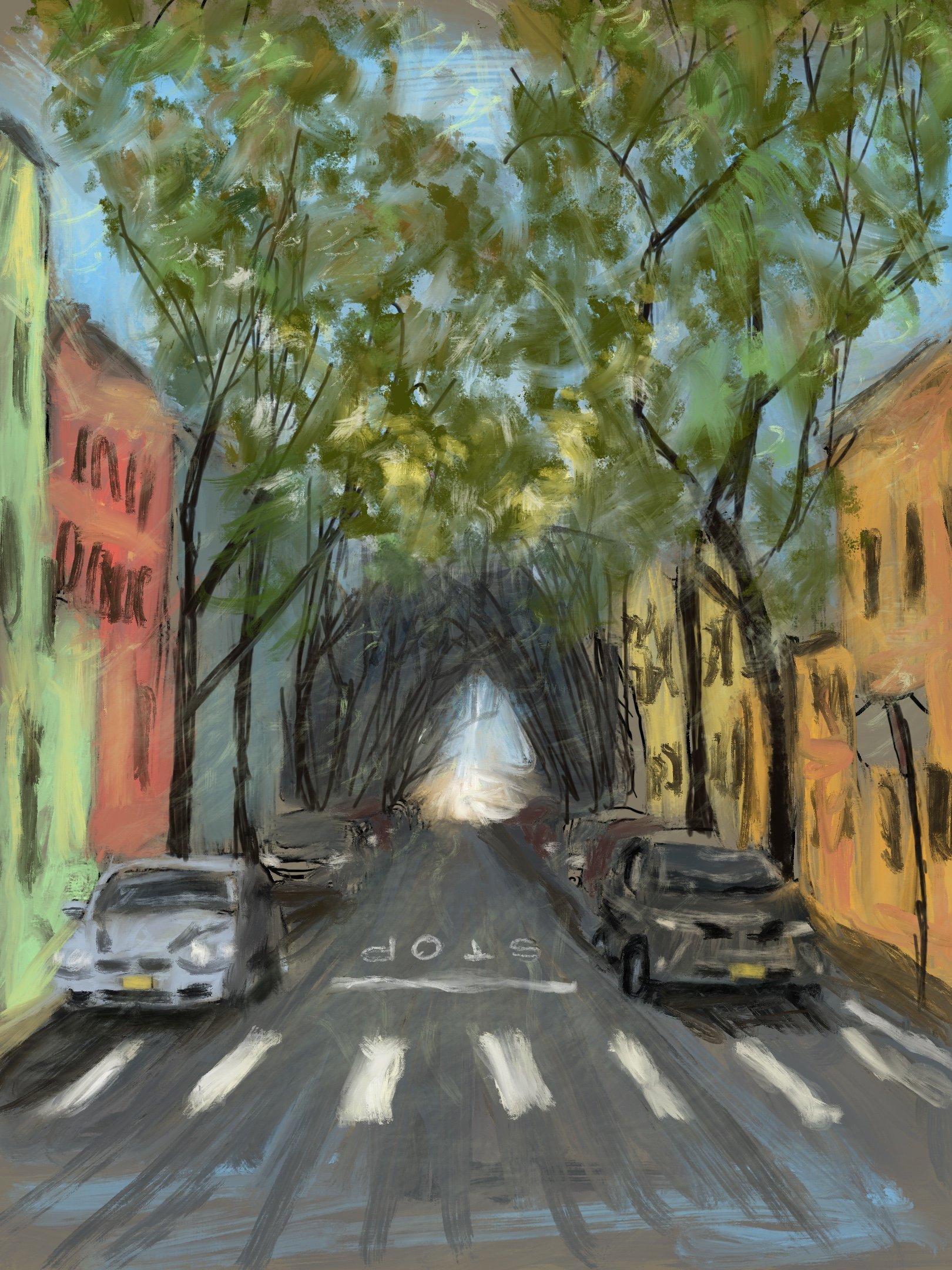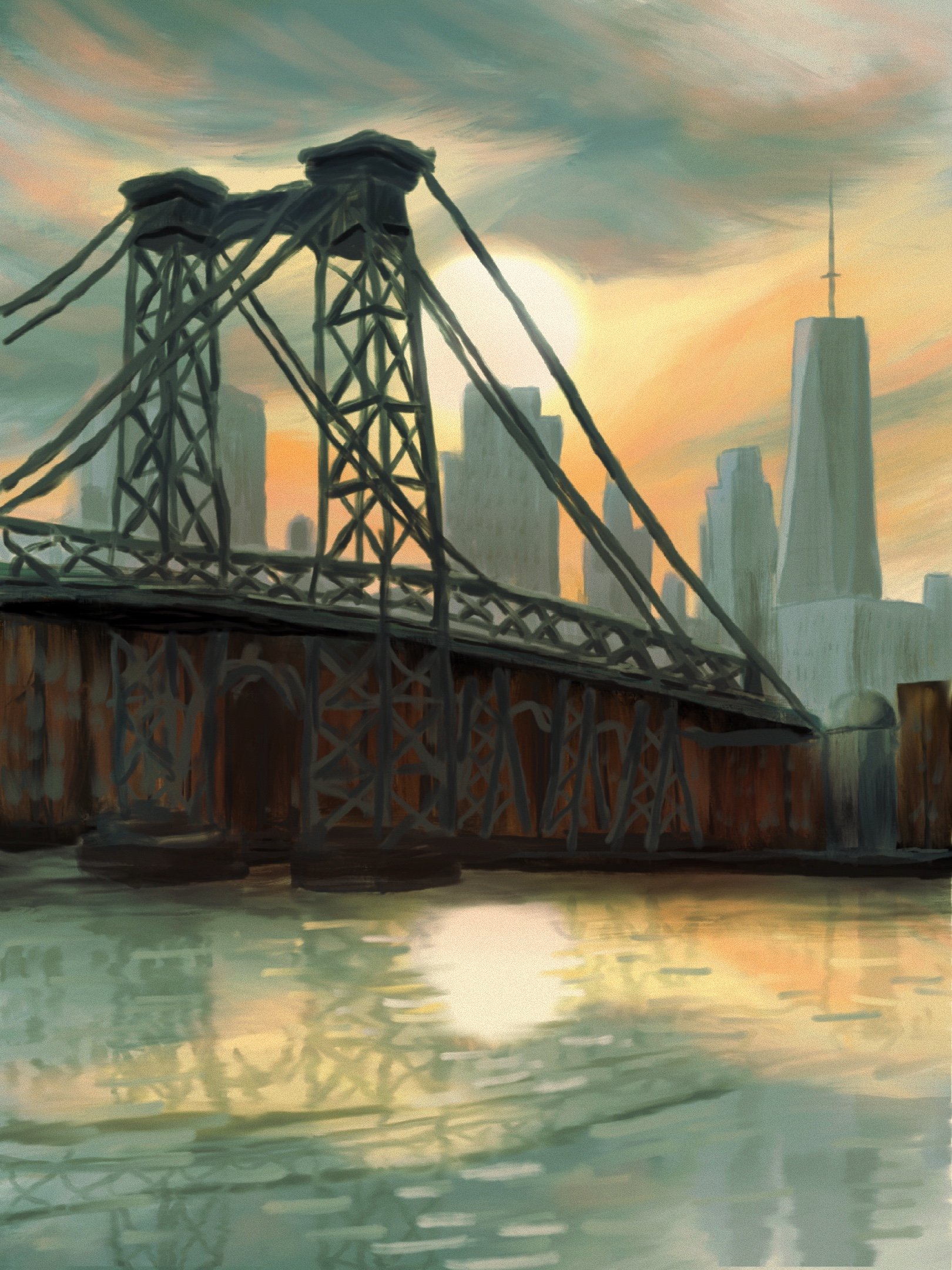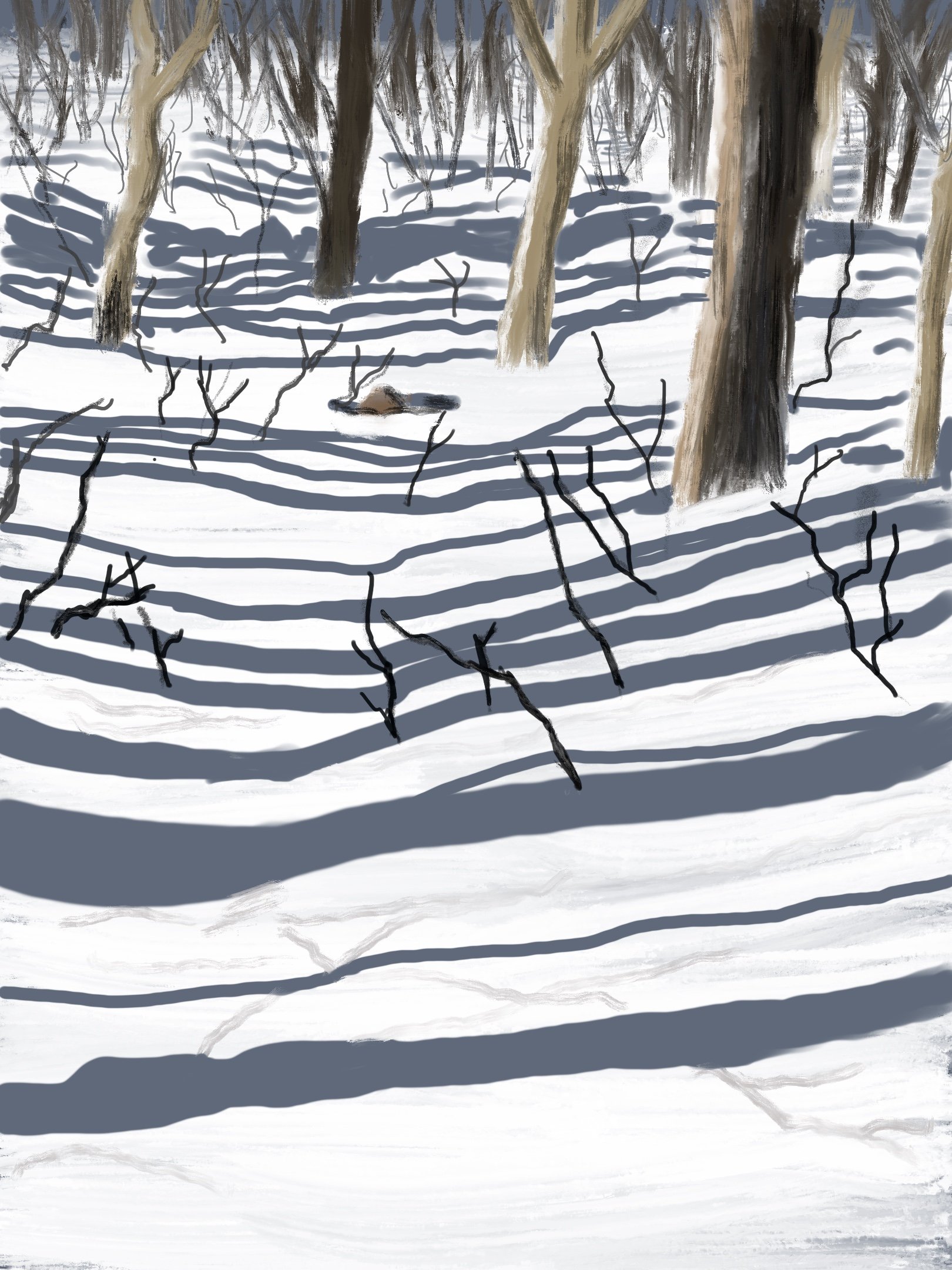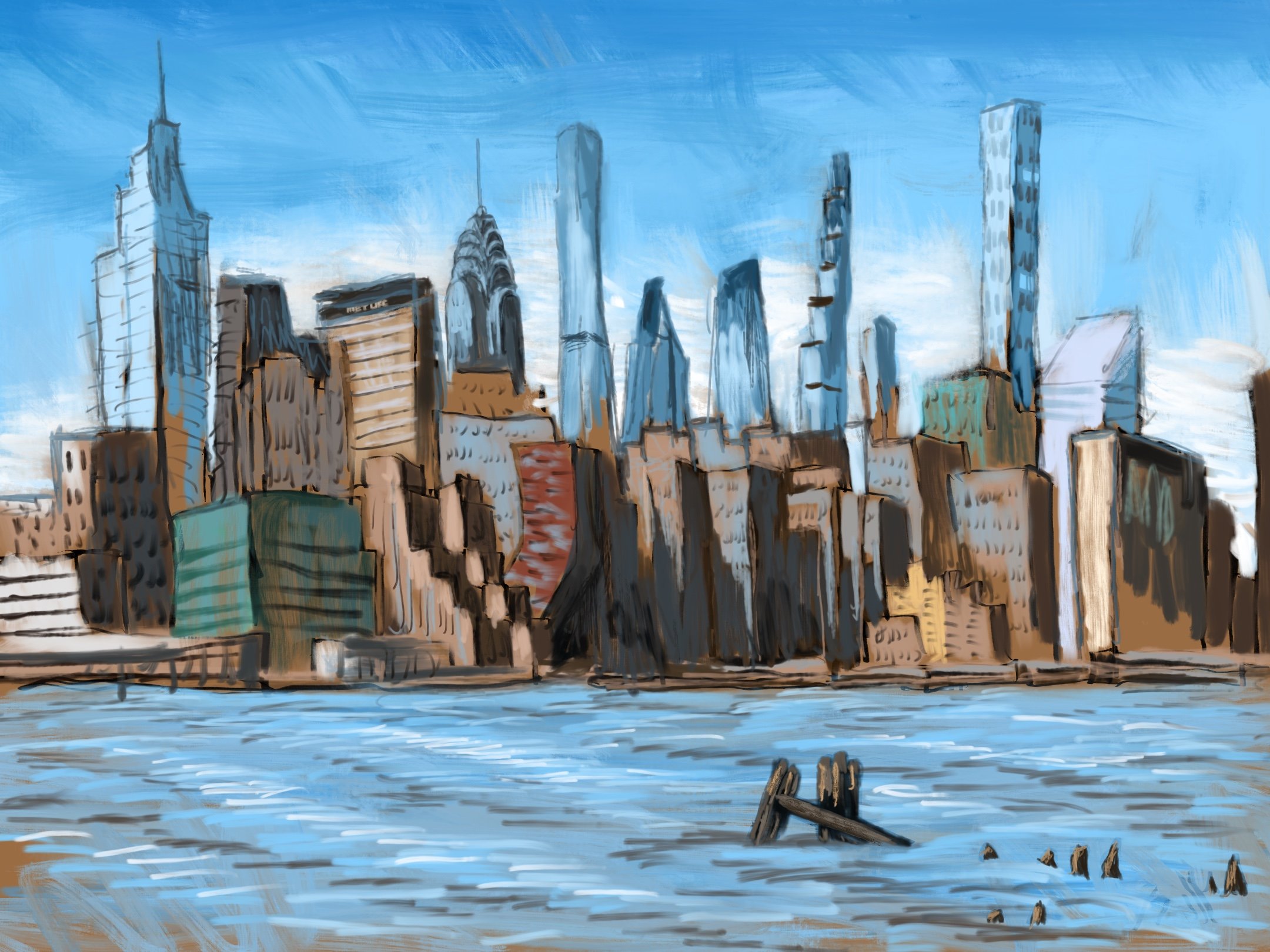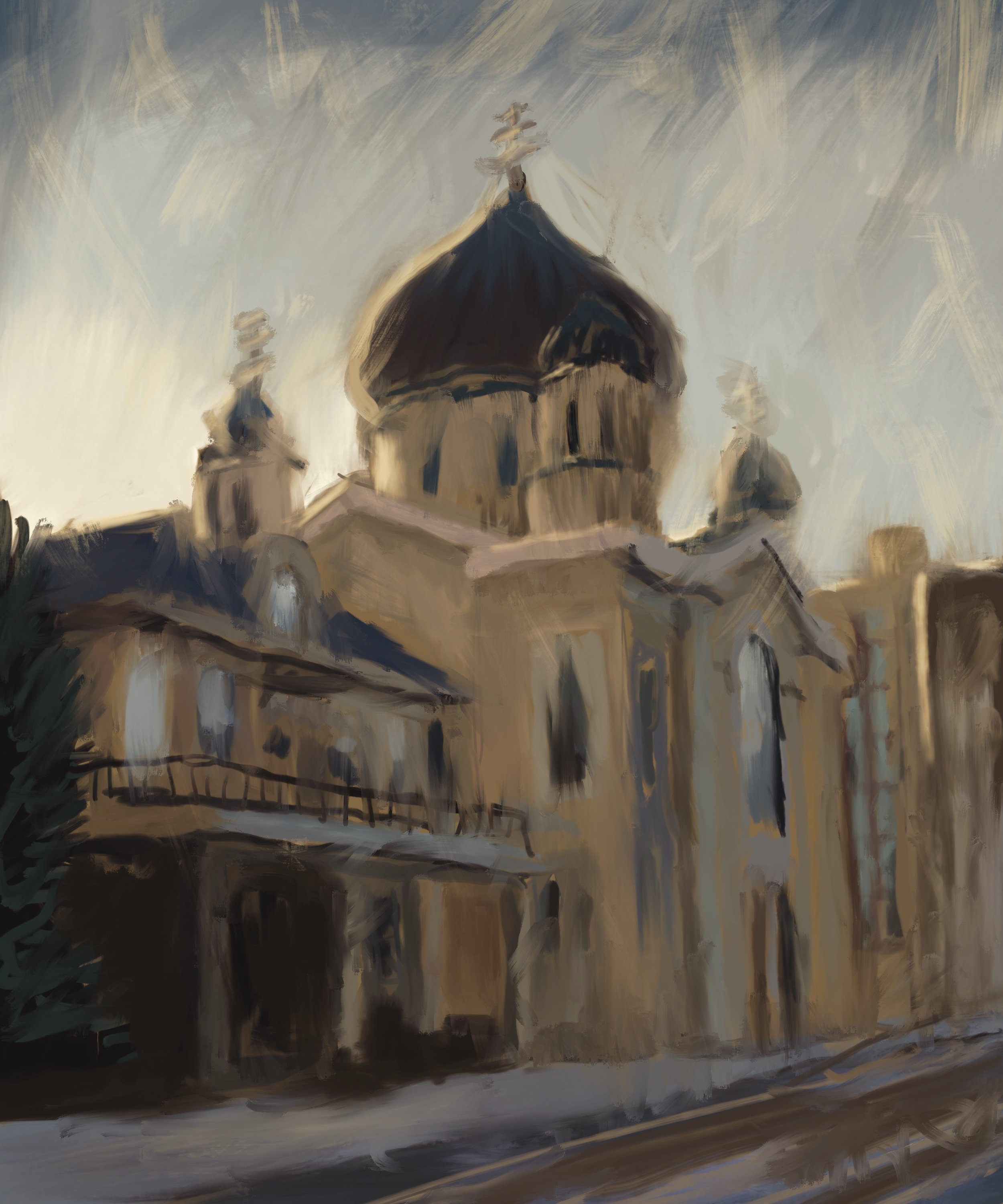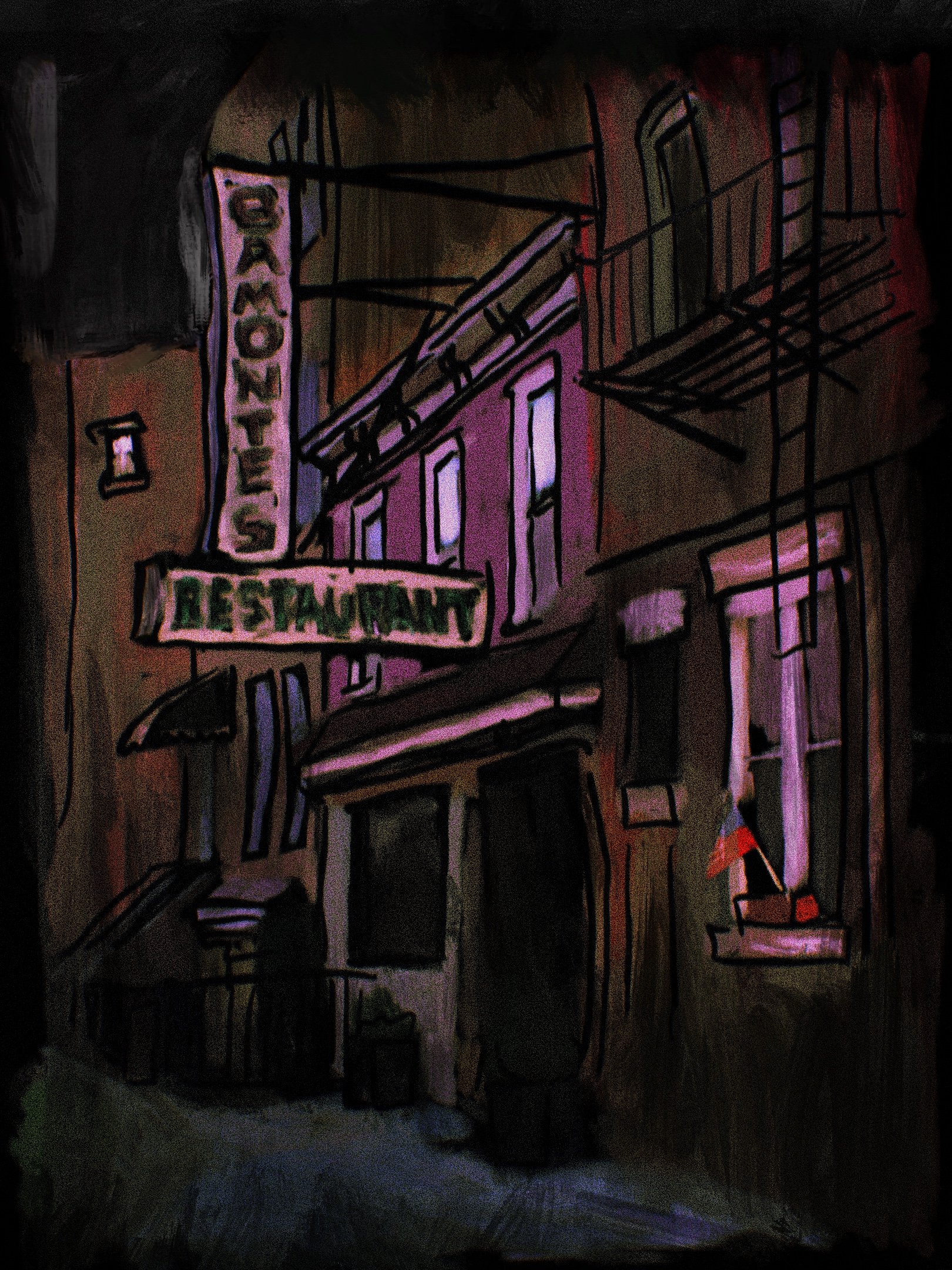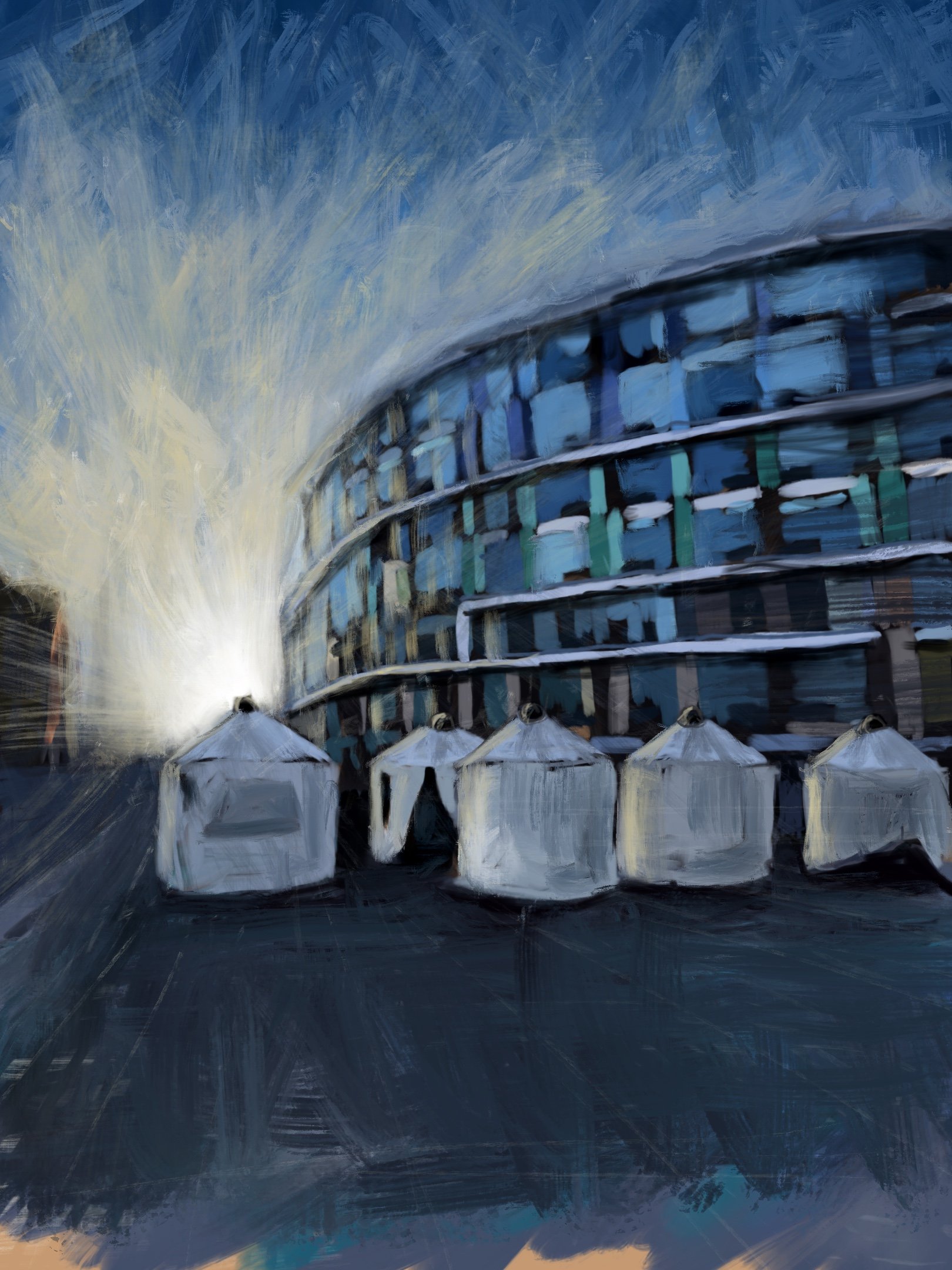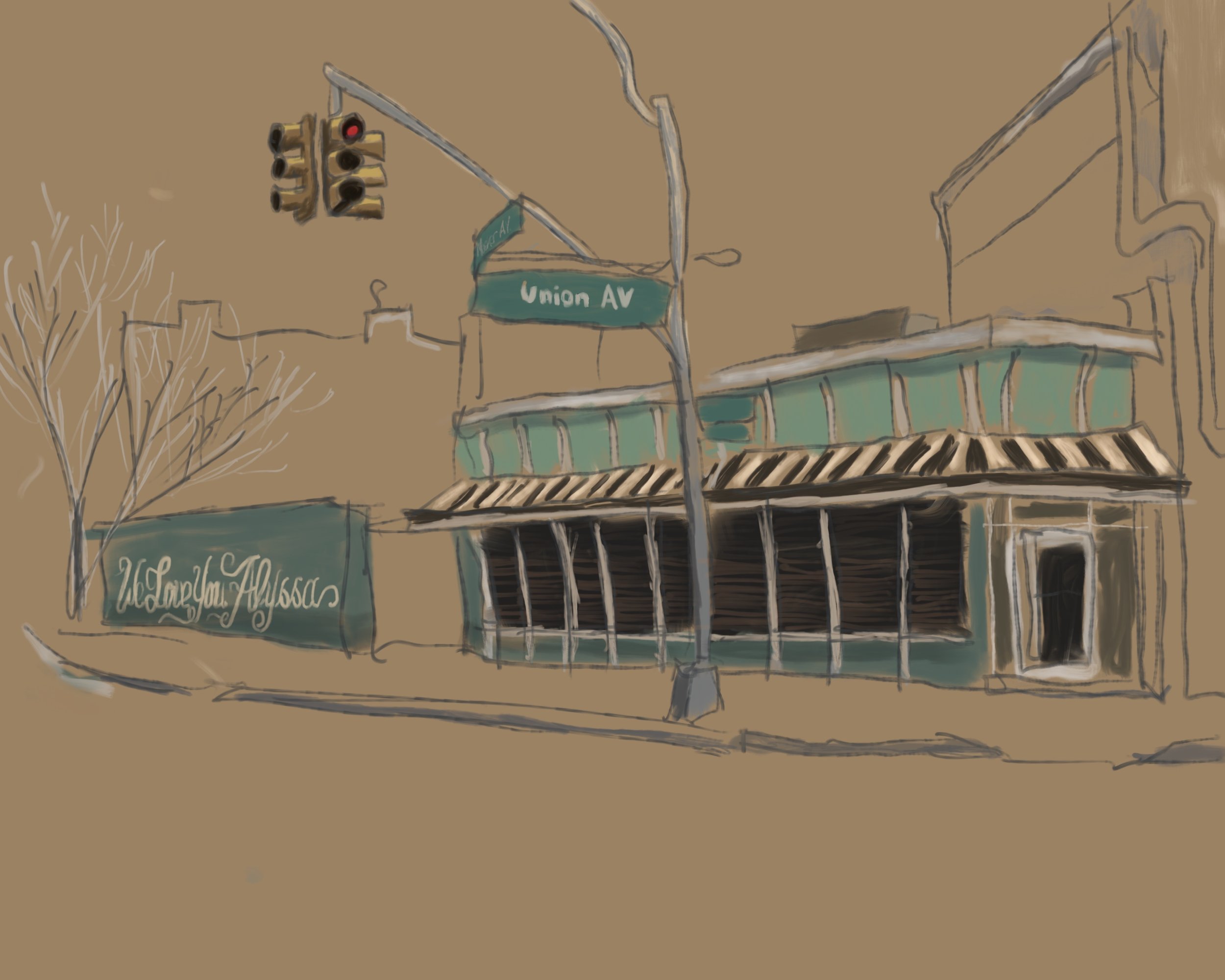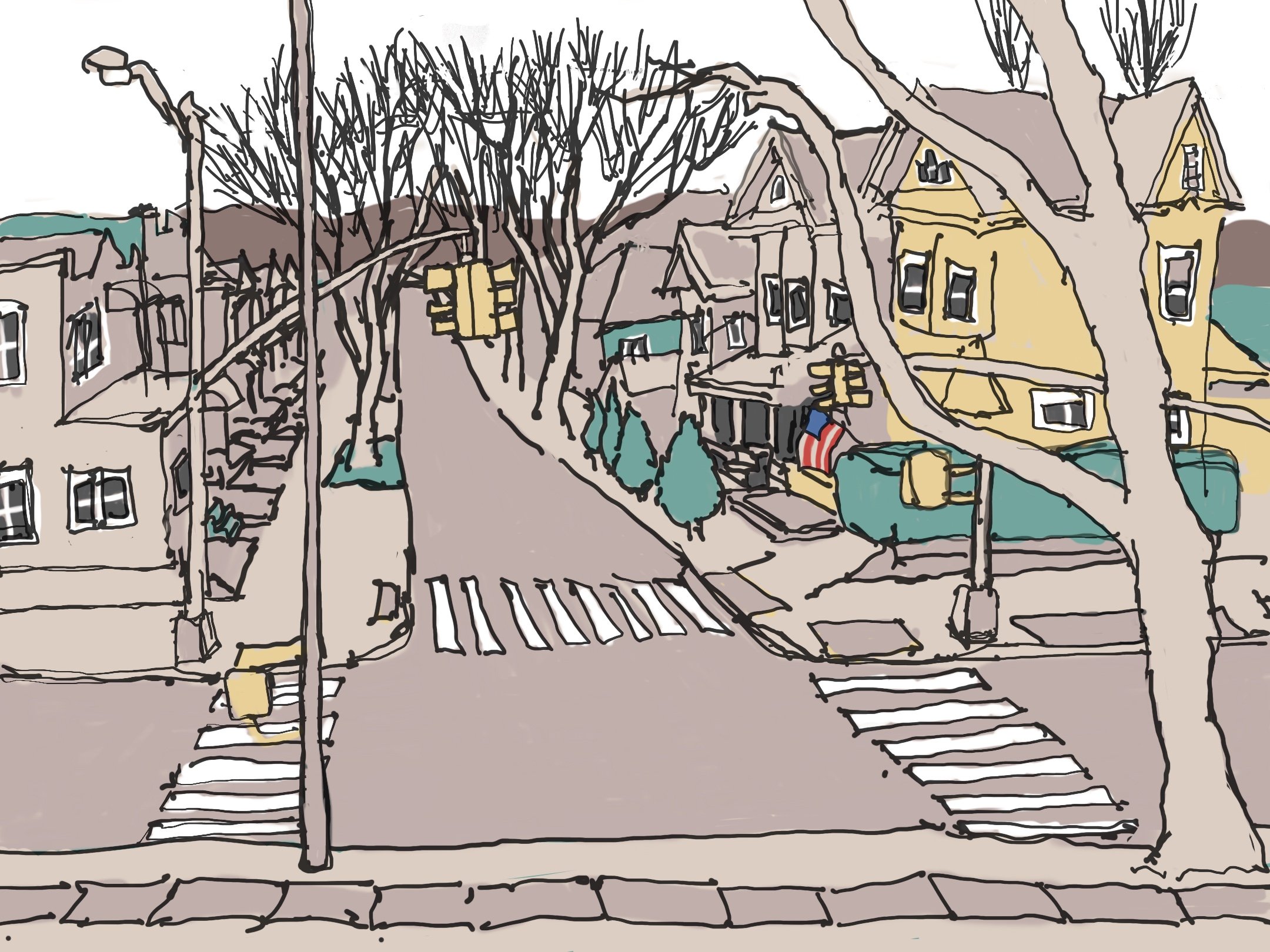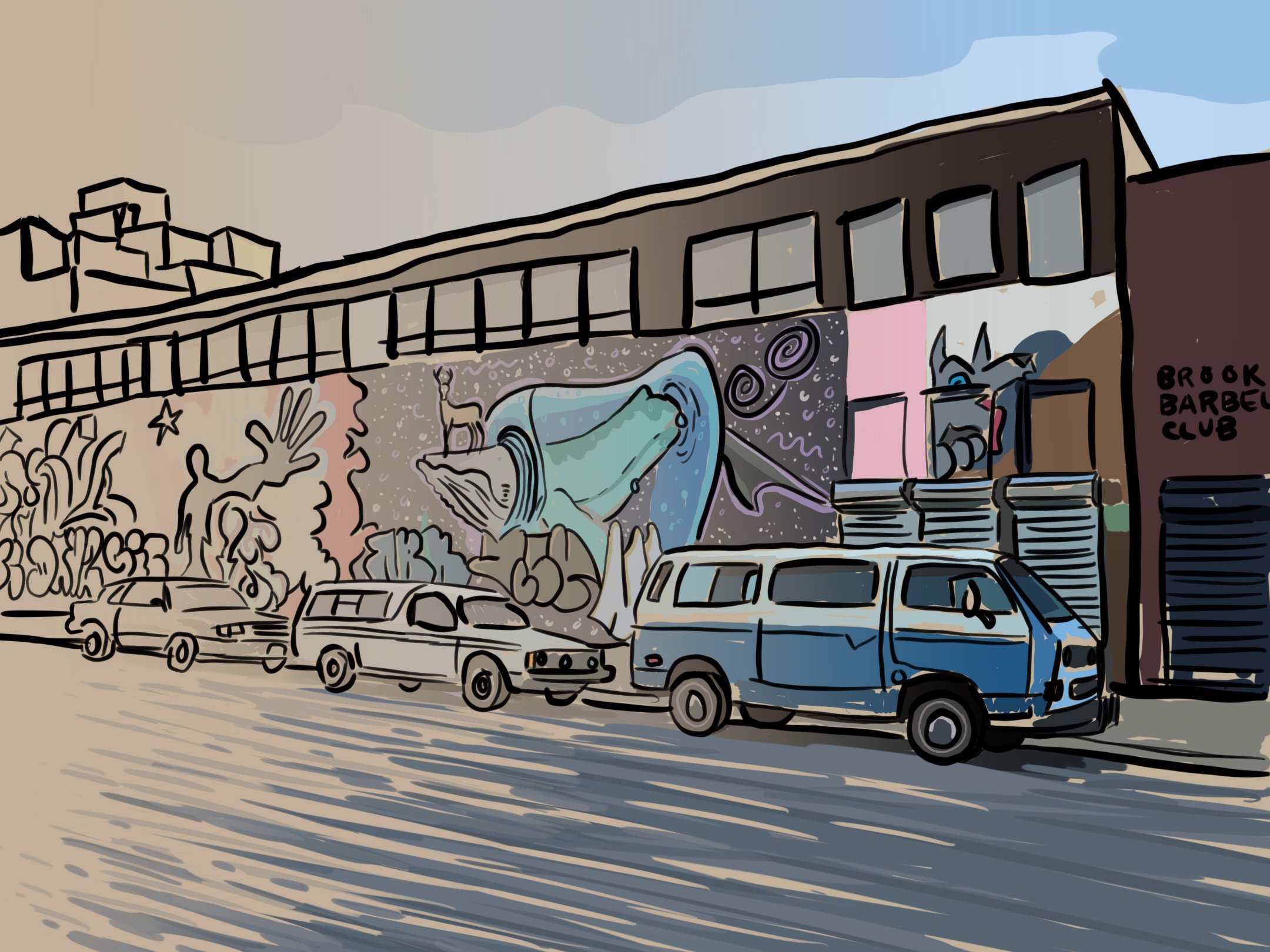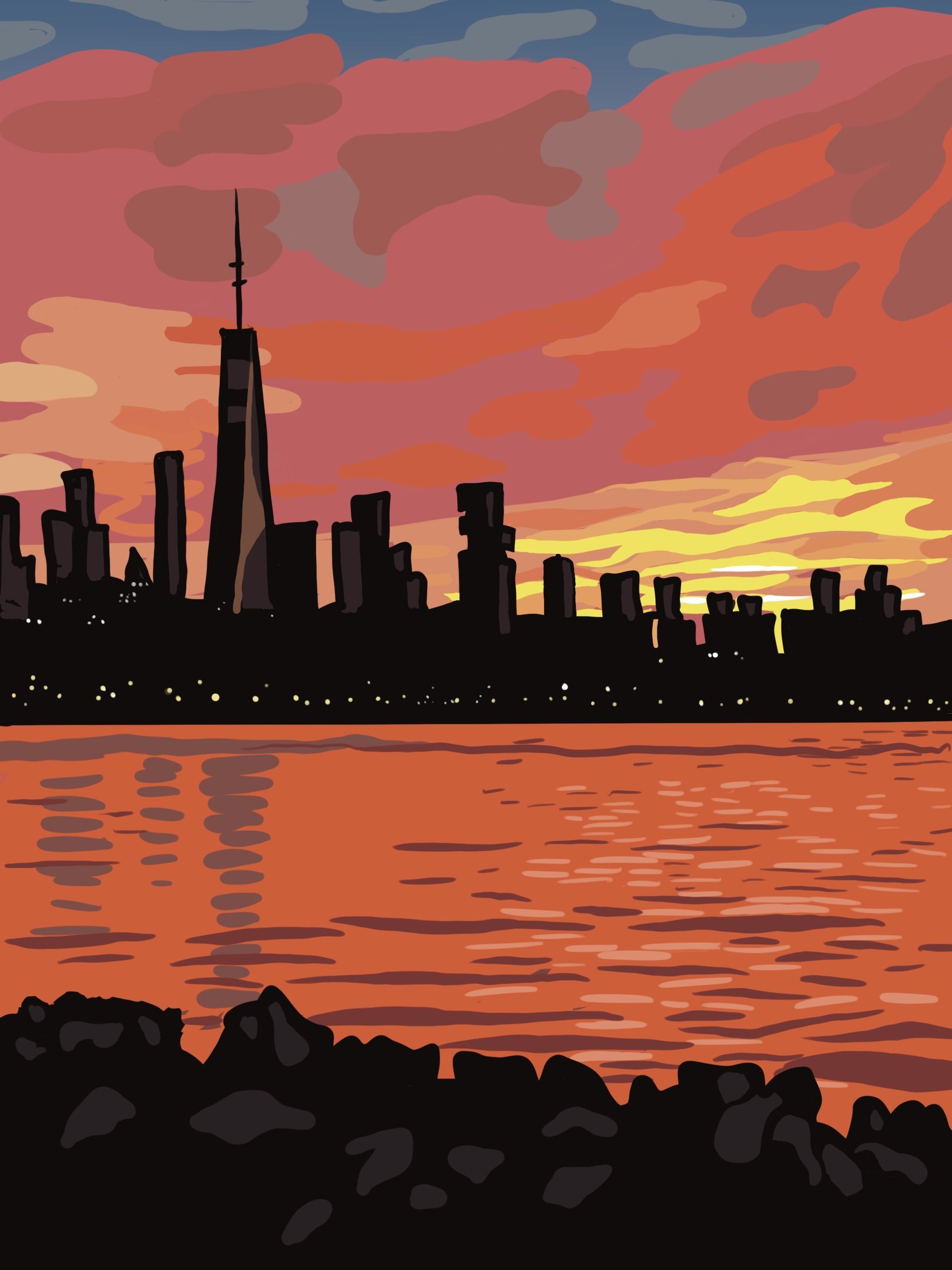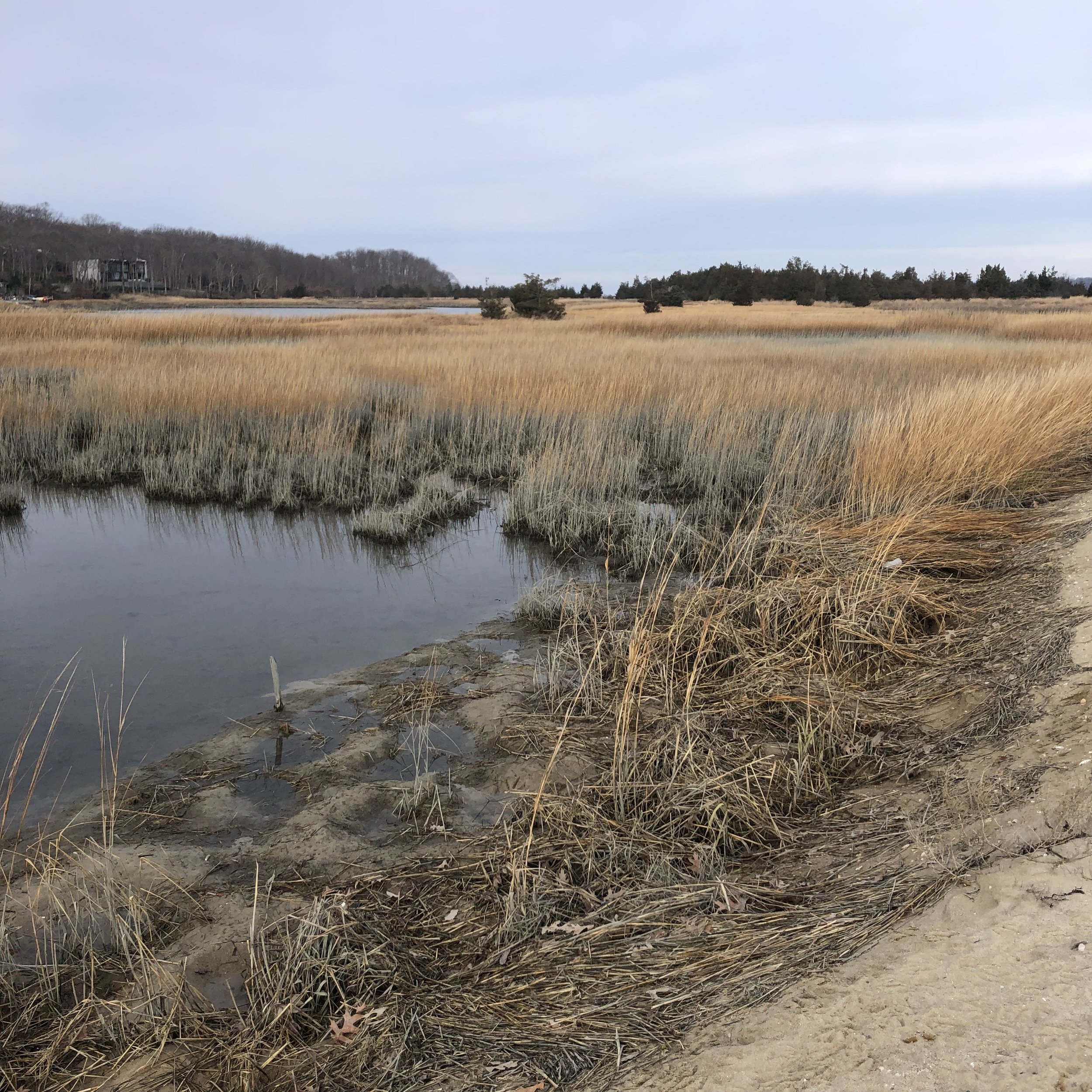When it’s going well, making art is really fun. It’s rewarding to be creative, to improve my skills and to sell my work to people who love it. However I didn’t always feel that way. Why be an artist after all? It forces you to work hard, be vulnerable, feel rejected by yourself and others, be isolated, question everything, and for what?
Exhausted and resentful of the effort required to be both an artist and an adult, I quit making art for a few years but I ended up feeling mentally and physically ill because of it. I learned that whether I want to be, or not, I am an artist. Being an artist, I thought (in the most dramatic way possible), is a chronic, life long affliction and I would only be healthy if I came to terms with this unfortunate but manageable condition. Thinking you have to be an artist sounds like a silly cross to bear. It makes me laugh to think about it that way. But I think my challenges in accepting my artistic side is probably relatable for many creative people. And when I explored my hang ups on being an artist I came up with some insights I found helpful.
The first insight I had was that I’m human (I’m not sure I’ve ever fully accepted this obvious fact). And to be human is to acknowledge the need to express myself. My perfectionism said that I shouldn’t need to work on self-expression because I should somehow be a fully actualized person who gracefully and appropriately express themselves at all times. But of course that’s silly, people at best, are messy, emotional and complicated. It’s not only OK to want to be an artist, but very healthy. We are all humans and all in need of expressing ourselves.
My second insight is that I have internalized the complicated relationship society has with creativity. For instance, in movies, the “good guy” usually enforces the status quo while the “bad guy” is usually the creative one, making something new, interesting and challenging. But movies frequently show creativity as the path to destruction and greed. In many ways, our culture says we shouldn’t be different, make new things or even be emotional. Instead we should be pleasant, profitable, and productive. But we are more than just cogs in the socio-economic status quo. We should question, improve and be the beneficiaries of an economic system designed to make our lives better and more humane. Not everything we humans create is wonderful. But I think it’s important for me to reject the darker part of our culture that feels needlessly threatened by creativity. I can be much more open to embracing my own ideas and embracing the idea that I can be a force for positive change.
The last insight is that I’m hard on myself. Society reinforces the idea that we are good because we beat ourselves up when we are bad. But, as Mister Rogers tried to imprint in us, we are actually good just for being who we are. Growing up requires us to learn to suppress our desires to some extent, which in turn sets us up to judge ourselves as right or wrong, good or bad. But I think growing up should also include lessons about how to experience all that life has to offer beyond good and bad labels. Creativity can’t be sustained in a mind that filters life exclusively through judgement. I’ve learned that creativity comes from a feeling of openness and a lack of judgement. It feels great to give myself permission to make what I want and to love all my creations.
We are all human, all creative, and we are all good for being who we are. With those insights in mind, I’ve been able to end my resentment towards my own creativity. And although my life is still a huge work-in-progress on every level, it at least feels nice to be at peace with my own artistic desires and to see my creativity as a natural extension of myself.


